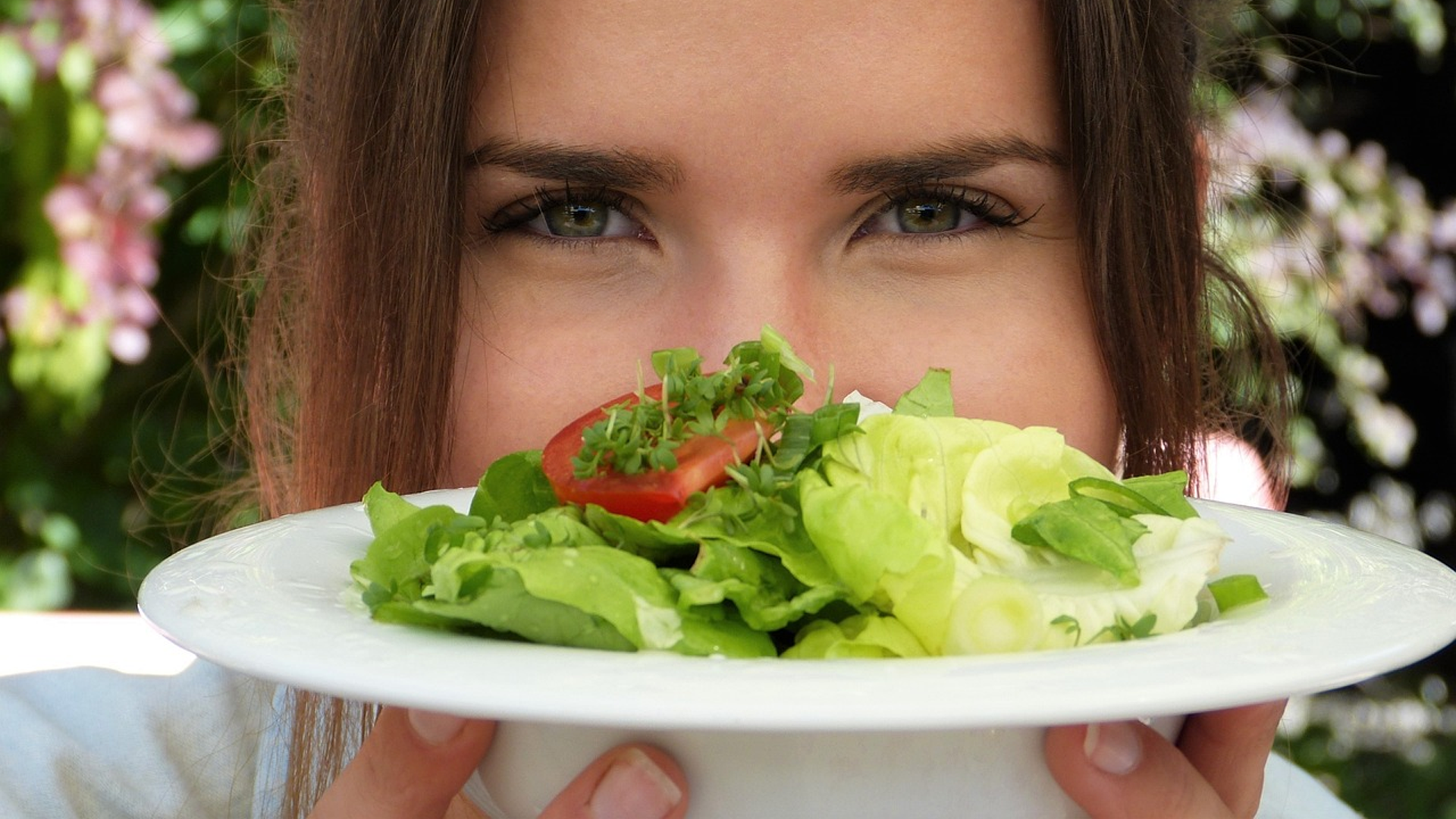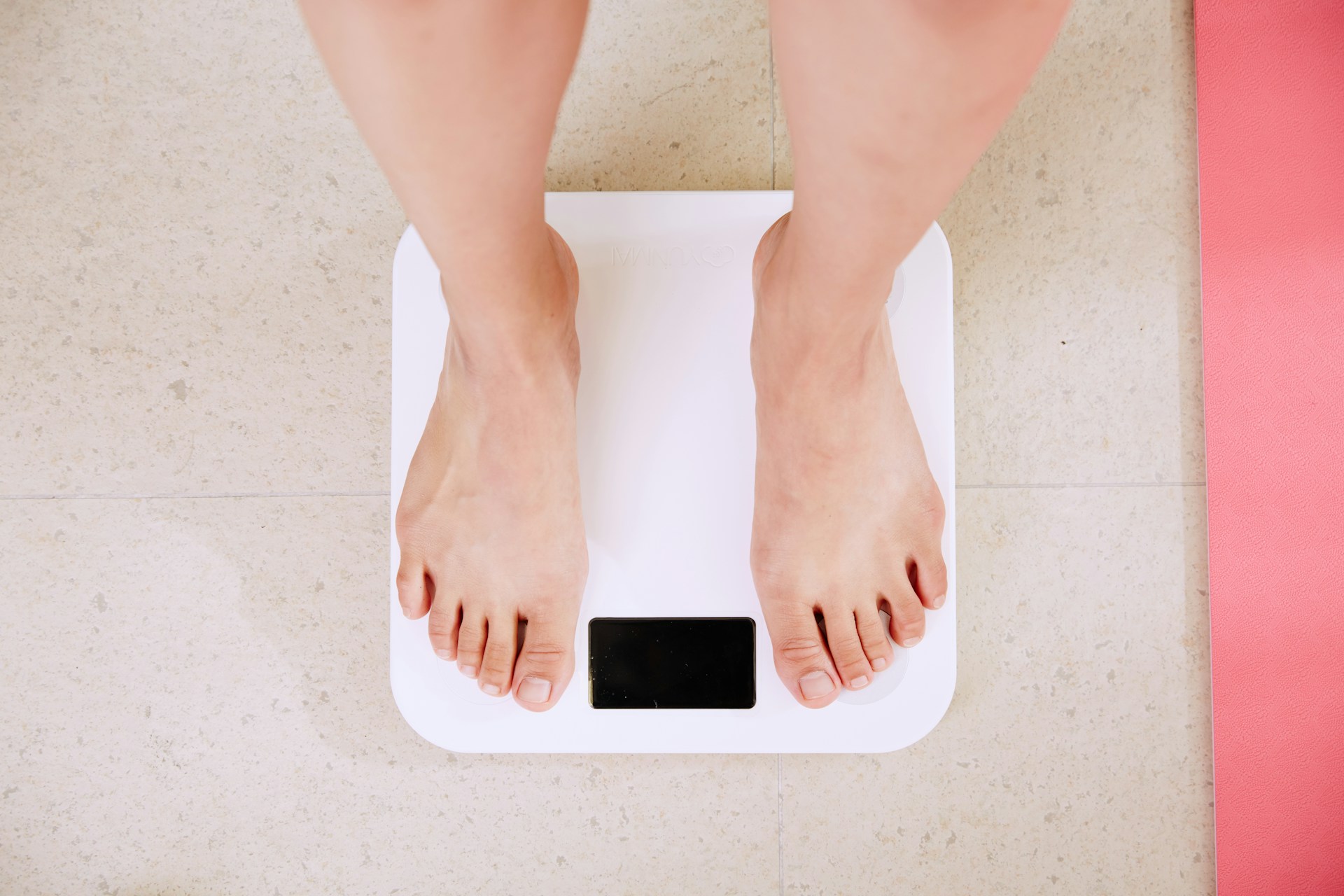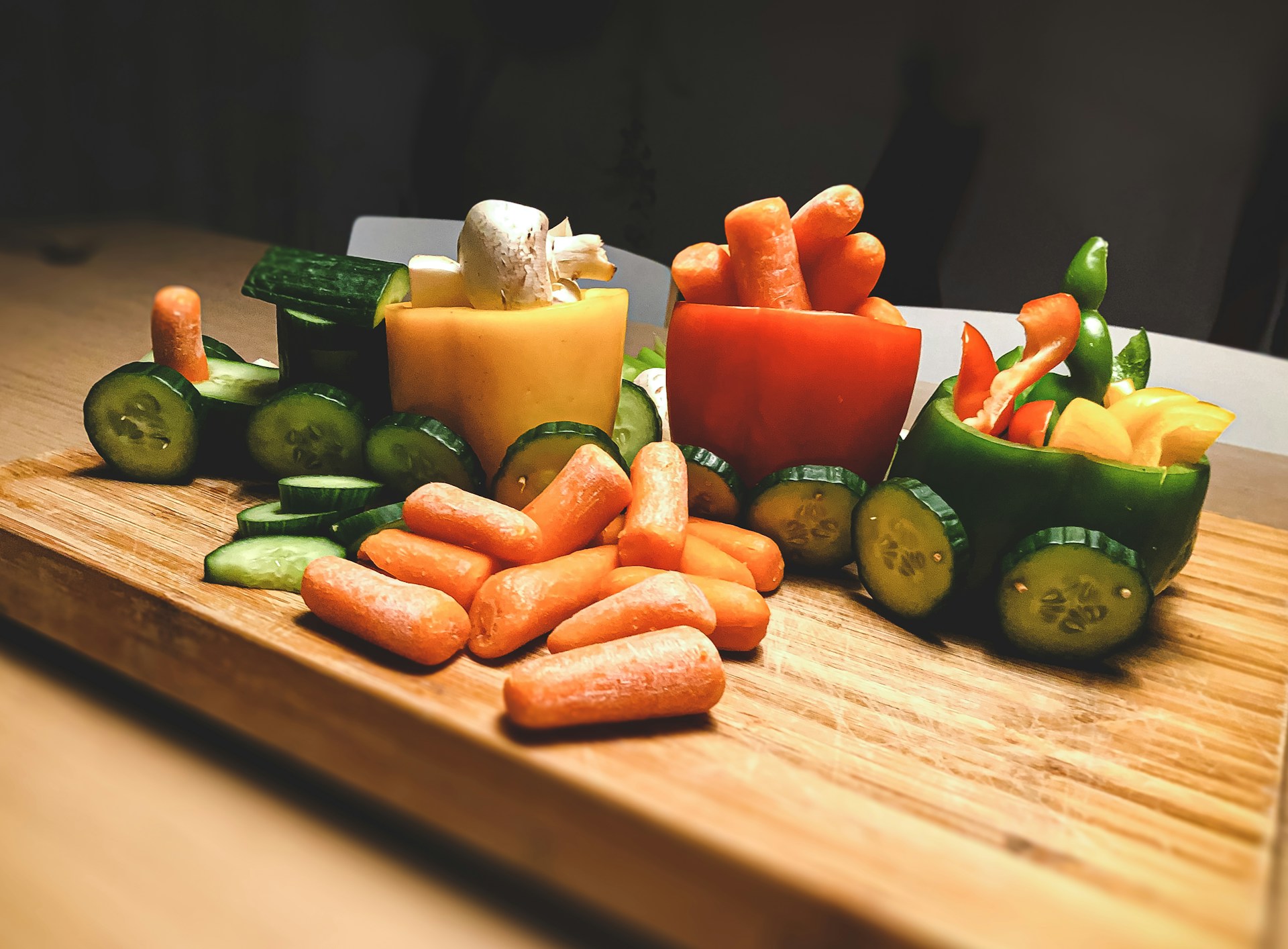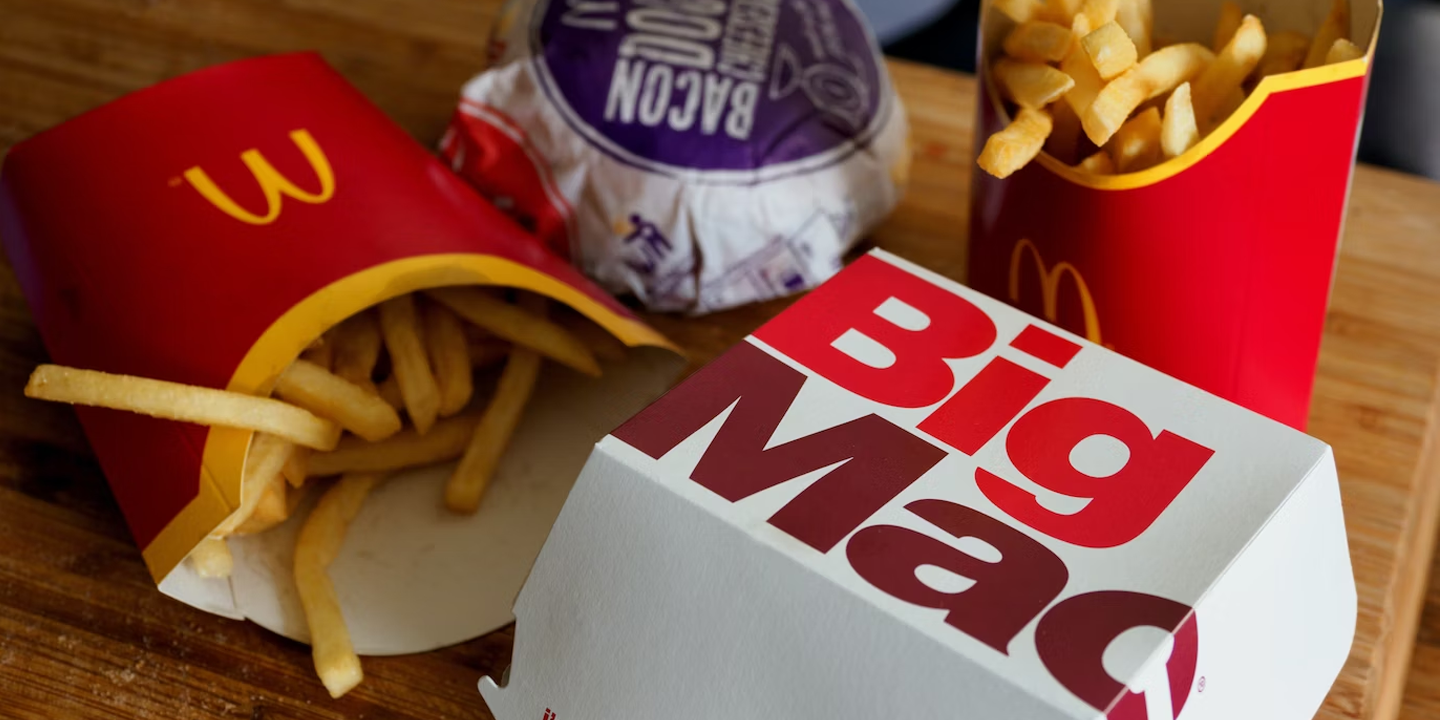Are you considering going vegan? Whether it's for personal reasons or environmental ones, make sure you know what you're heading into before choosing this path. Because let us tell you, it can be rewarding, but only if you plan carefully and thoroughly. Here are 10 pros and 10 cons of going vegan that can help you decide if this route is good for you.
1. Health Benefits
One major reason why a lot of people choose to go vegan is for the potential health benefits that your body may receive from this switch. It's been studied that going vegan has been linked to numerous possible improved health outcomes, including lower cholesterol levels, reduced risk of heart disease, and better kidney functioning. After all, a balanced plant-based diet is full of essential nutrients and vitamins that are great for your well-being.
2. Environmental Impact
A major pro that causes people to go for this dietary switch is because of the significant environmental impact it has. It's been proven that changing to a vegan diet can drastically reduce your carbon footprint. After all, animal agriculture is a big contributor of greenhouse gas emissions, deforestation, and water usage. People that want to do their part in saving the Earth often choose to go vegan.
 Photo by Mert Guller on Unsplash
Photo by Mert Guller on Unsplash
3. Animal Welfare
That leads to our next point, animal welfare. To put it simply, many people aren't comfortable with how our animals are being treated. From animal cruelty to poor living conditions, saying no to meat and other animal related products is their way of saying no to these terrible factory farming practices.
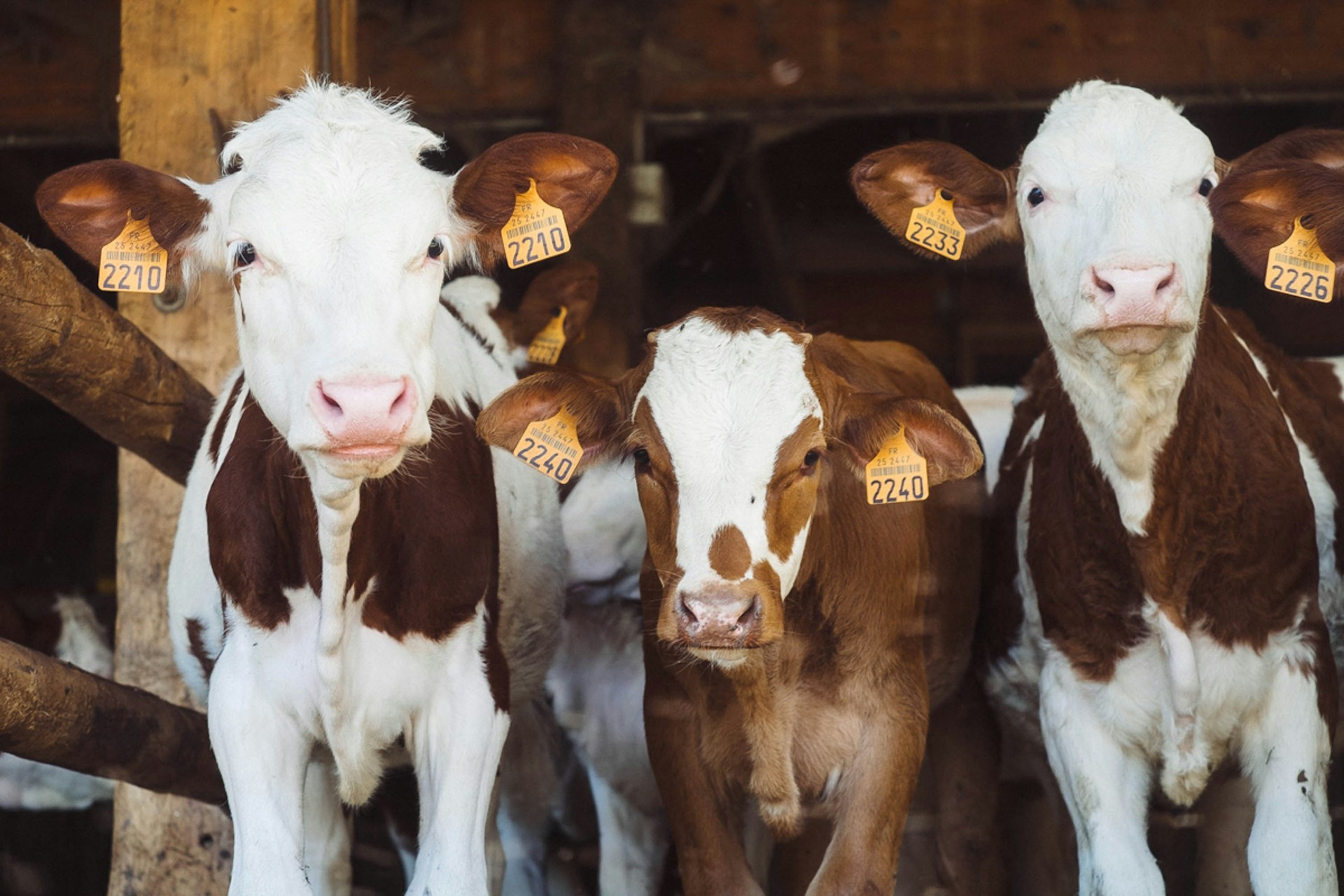 Photo by Annie Spratt on Unsplash
Photo by Annie Spratt on Unsplash
4. Weight Management
For certain individuals, changing to a vegan diet can help with weight management and be a healthy way to lose weight. Of course, going vegan doesn't mean you're free from eating junk food, so it's still important that you watch what you eat. But it is true that plant-based foods are generally lower in calories and fat compared to animal products, making cutting out these types of foods a lot easier.
5. Improved Digestion
Vegan diets tend to be pretty high in fiber, meaning you get to reap the benefits of having better digestion and a lower chance of constipation. Thanks to eating more foods like fruits, vegetables, legumes, and whole grains, your body will see a decrease in inflammation, and a much healthier gut microbiome.
 Photo by Christopher Campbell on Unsplash
Photo by Christopher Campbell on Unsplash
6. Reduced Risk of Chronic Diseases
And because vegan diets come with plenty of health benefits, it only makes sense that it reduces your risk of numerous chronic diseases as well. People who eat a healthy and balanced vegan diet can see lower chances of type 2 diabetes, hypertension, certain cancers, and overall mortality. It's all thanks to plant-based diets helping you manage your blood pressure and blood sugar much better.
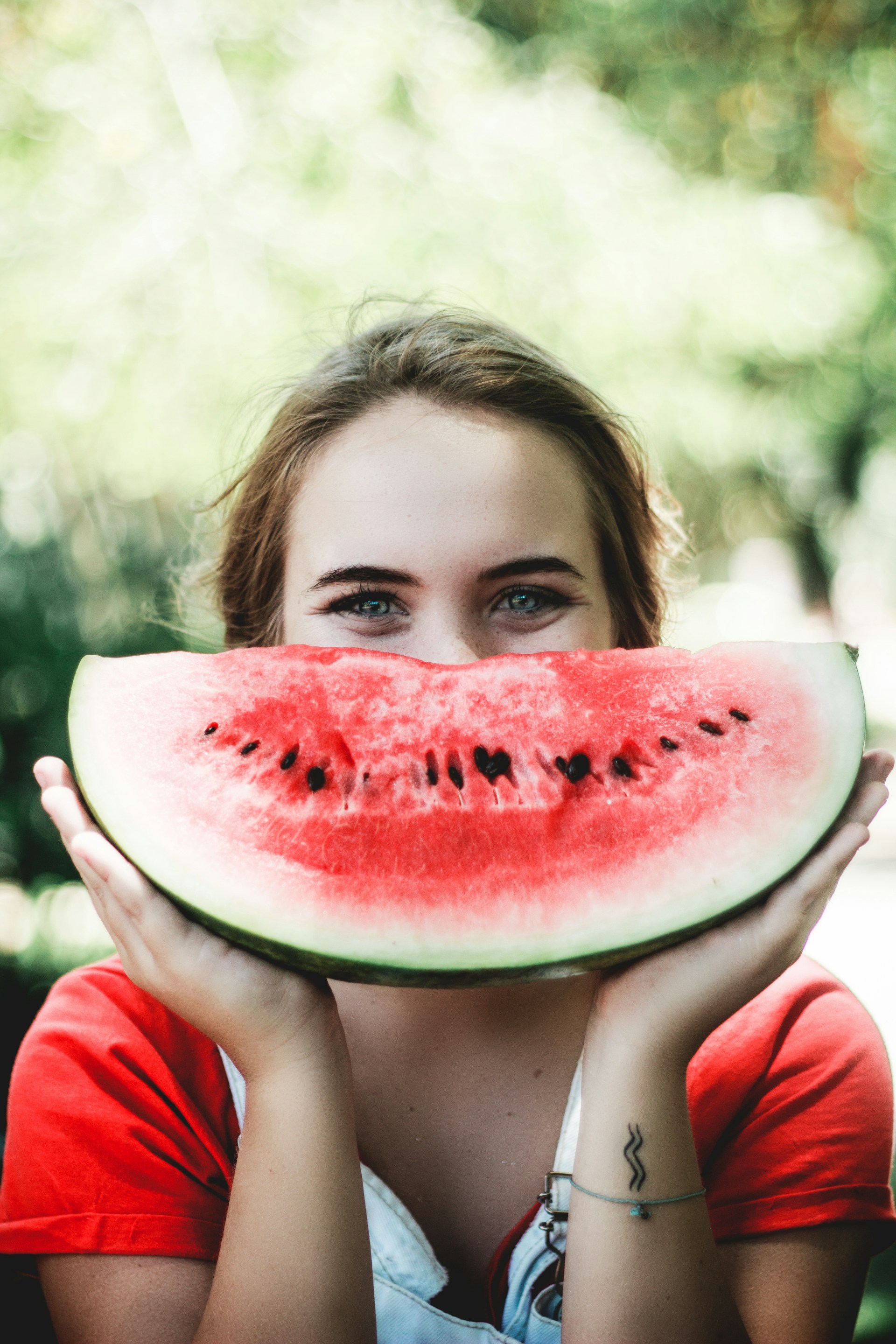 Photo by Caju Gomes on Unsplash
Photo by Caju Gomes on Unsplash
7. Enhanced Energy Levels
Many people who have switched to a vegan diet will tell you that they feel a lot more energized and lively than ever before. Now that the body doesn't have to spend as much time breaking down difficult animal products, all those nutrients found in plant-based foods can be put to work making you feel lighter and brighter.
 Photo by Tyler Nix on Unsplash
Photo by Tyler Nix on Unsplash
8. Economic Savings
Over time, you'll be able to see that eating a vegan diet can be more cost-effective as a whole. That's because foods like grains, beans, fruits, and vegetables are a lot cheaper than most meat and dairy products that you're no longer consuming. By eliminating those foods from your grocery list, you'll be surprised by the savings you'll gain.
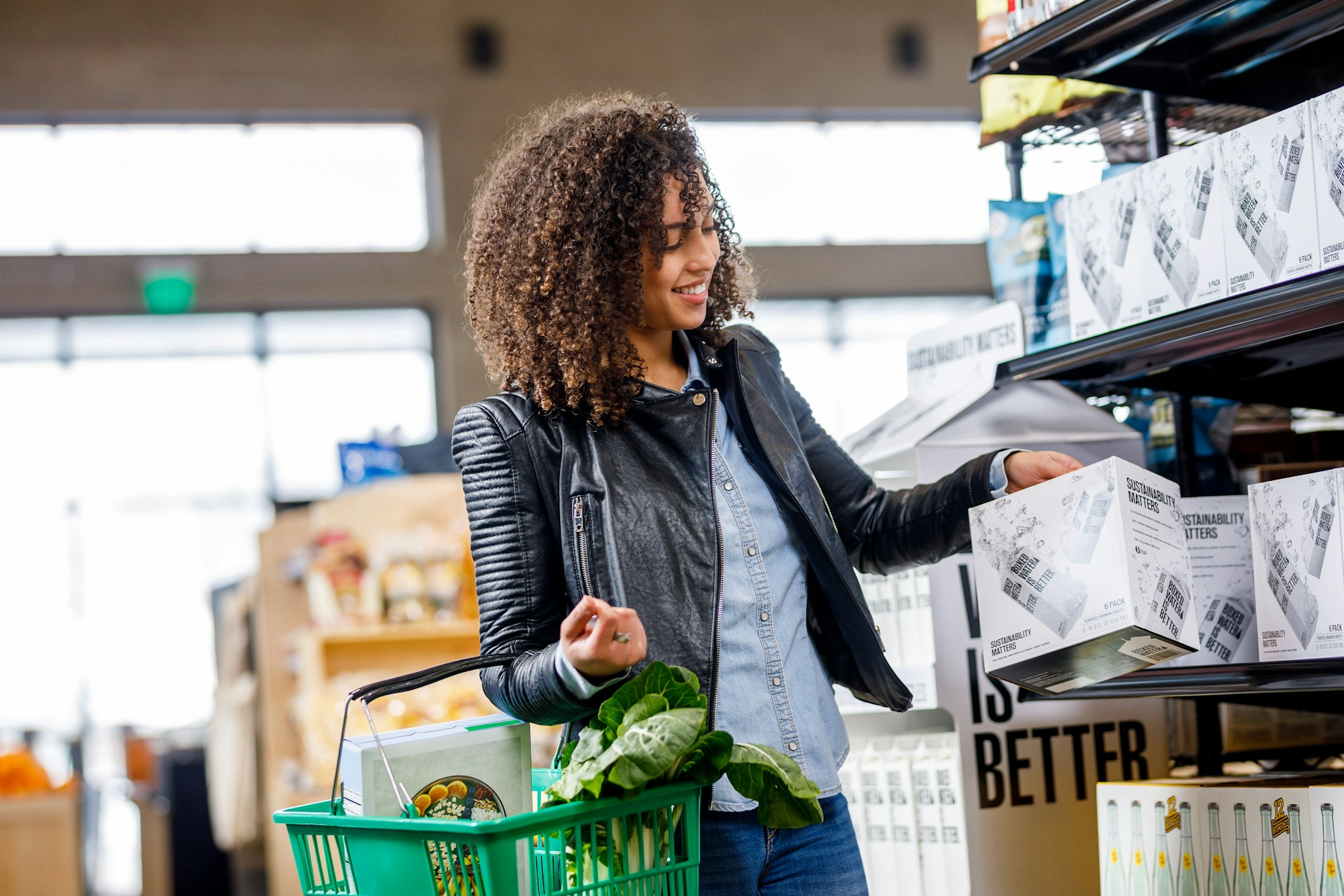 Photo by Boxed Water Is Better on Unsplash
Photo by Boxed Water Is Better on Unsplash
9. Support for Sustainable Agriculture
Compared to animal farming, plant-based farming is so much more sustainable and less harmful for the planet. Not only does it need fewer resources like land and water, it doesn't involve harming or mistreating another living creature.
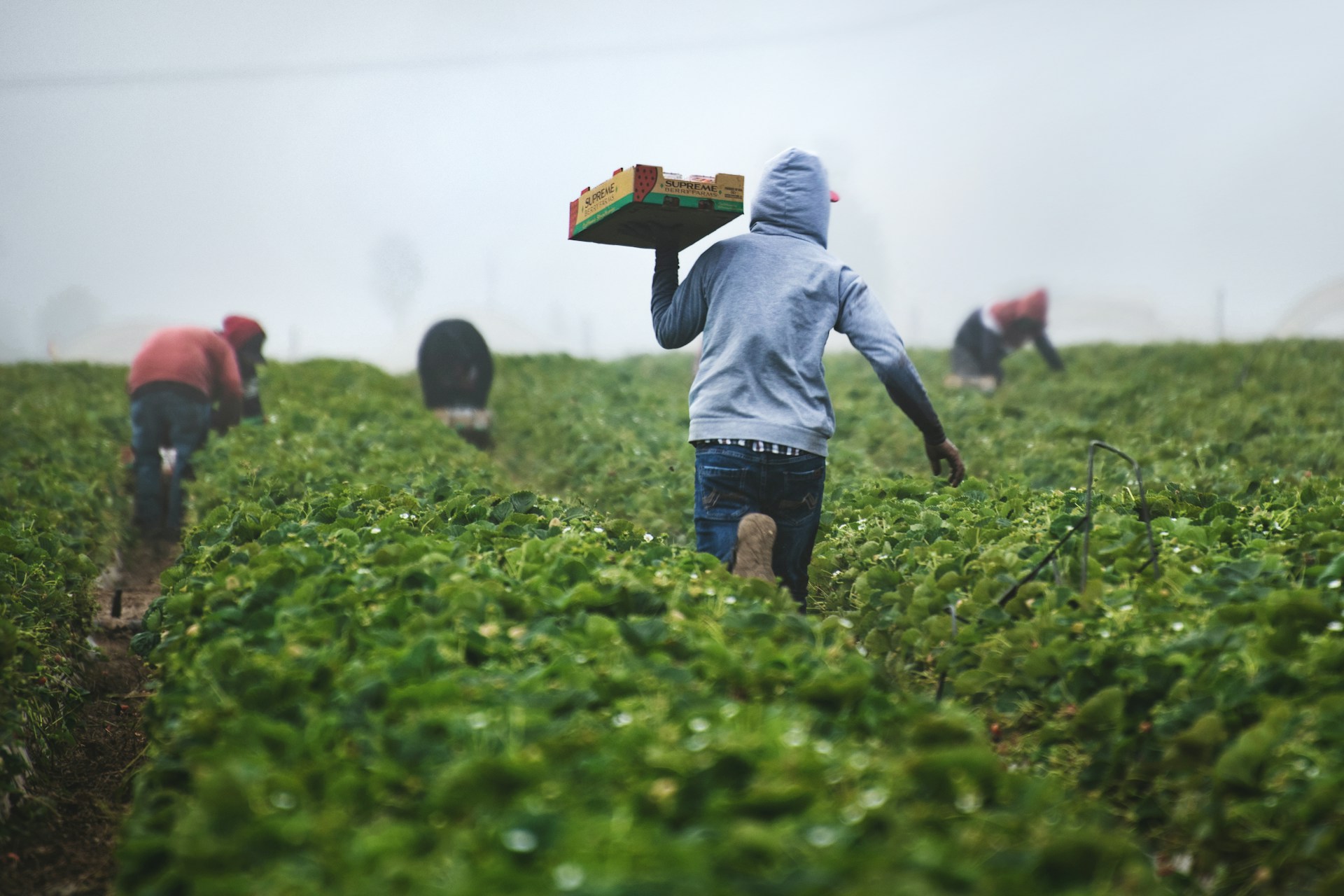 Photo by Tim Mossholder on Unsplash
Photo by Tim Mossholder on Unsplash
10. Enhanced Skin Health
If you've always dealt with skin problems, you'll be happy to hear that a vegan diet has been studied to improve overall skin health and appearance. All those amazing vitamins, minerals, and antioxidants your body receives from your fruit and vegetable heavy diet will help clear your skin and leave behind a glowing finish.
 Photo by Fleur Kaan on Unsplash
Photo by Fleur Kaan on Unsplash
1. Nutrient Deficiencies
All that being said, switching to a vegan diet isn't as easy as 1, 2, 3. A lot of research has to be done, and you have to understand your body to know what it needs or what it might be missing from this change. For many people, a vegan diet can lead to deficiencies in certain nutrients, largely because some are primarily found in animal products (which you have effectively now cut out).
2. Social Challenges
Eating out at restaurants, getting together with friends, or ordering take out all pose new challenges once you've switched to a vegan diet. Being vegan is very different from being vegetarian - most restaurants and places don't really cater to the vegan audience. It'll definitely be difficult finding meals you can or can't eat when you're out and about.
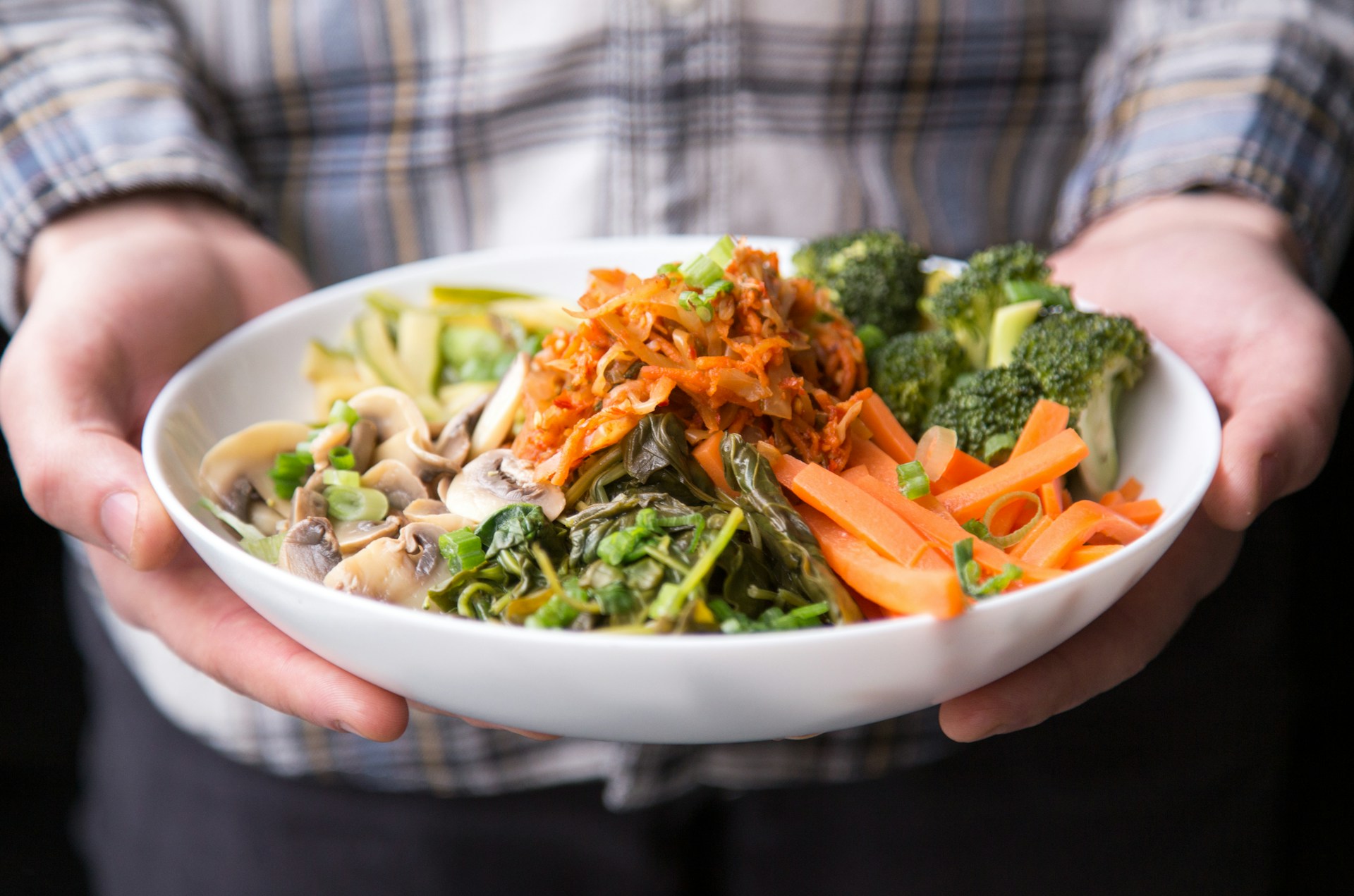 Photo by Hermes Rivera on Unsplash
Photo by Hermes Rivera on Unsplash
3. Limited Food Choices
Depending on where you live, finding vegan-friendly food choices can be a lot harder than you initially planned. Not all places are built the same, and some places just don't get the goods you'll need to have a balanced vegan diet.
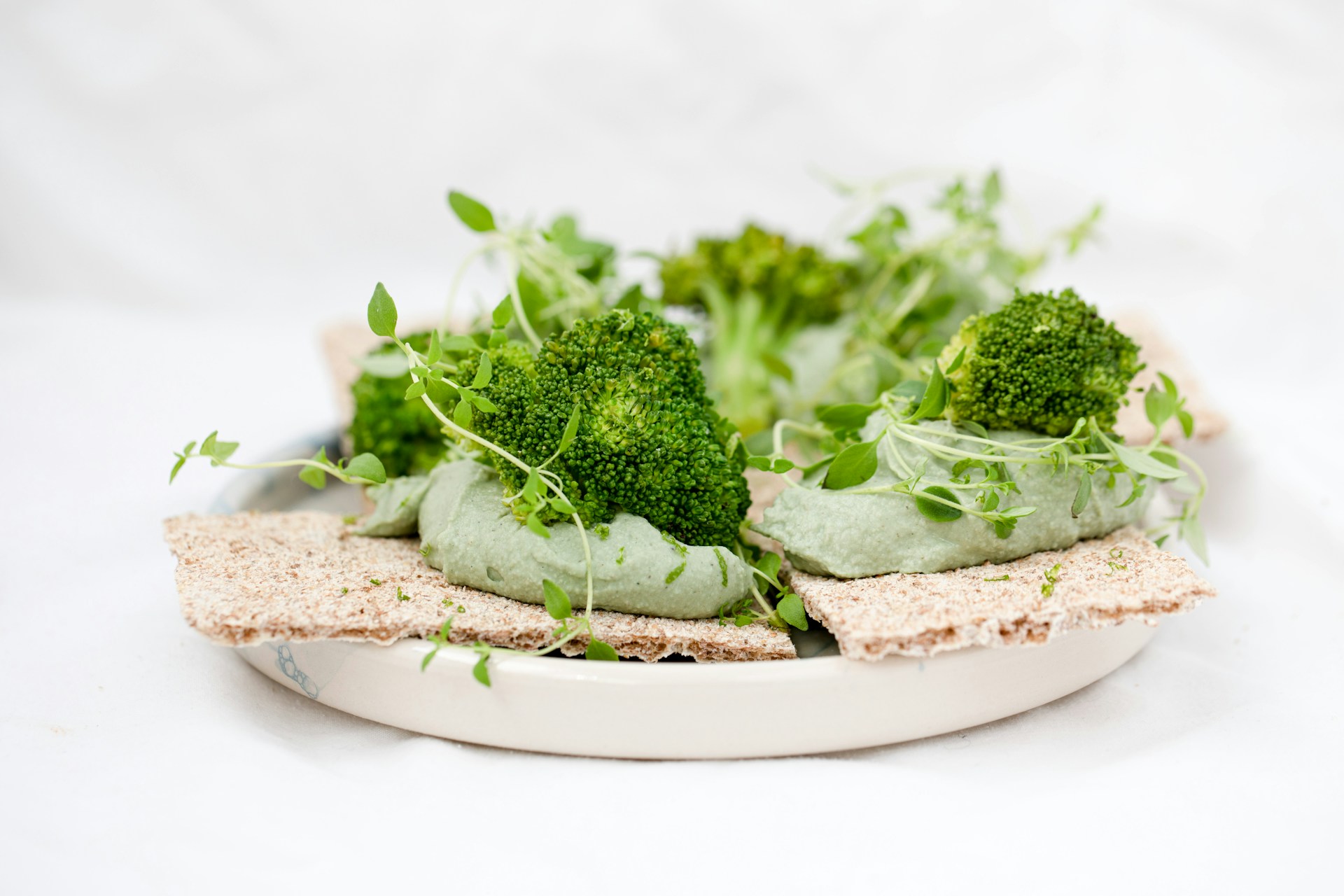 Photo by Bakd&Raw by Karolin Baitinger on Unsplash
Photo by Bakd&Raw by Karolin Baitinger on Unsplash
4. Taste and Texture Adjustments
Don't underestimate how much a change in diet will affect you. Having to deal with different tastes and textures is a bigger hurdle than most people think! Plant-based alternative foods will never taste exactly like what they're replicating. So getting over that new and unique feel will take some time.
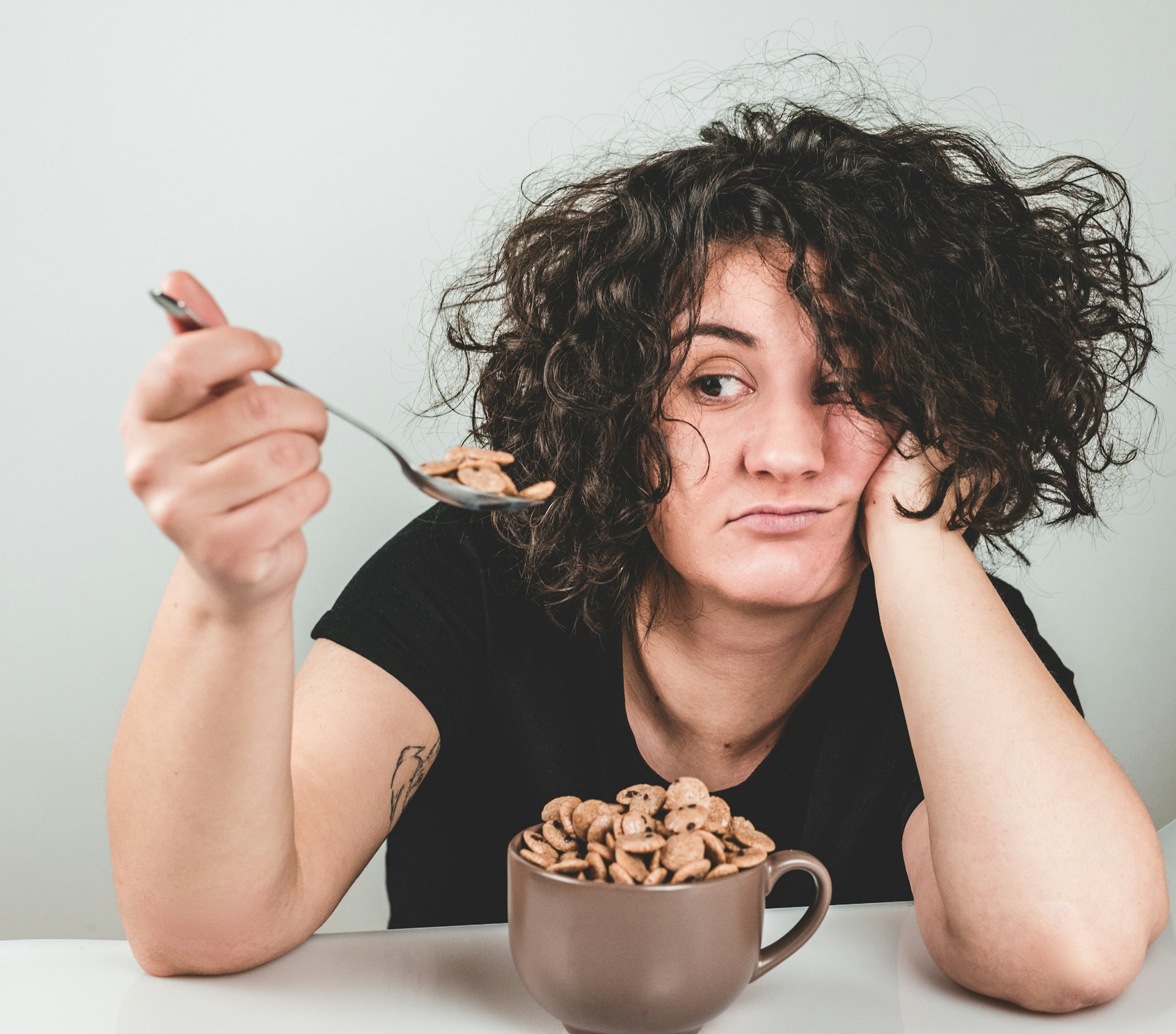 Photo by Tamas Pap on Unsplash
Photo by Tamas Pap on Unsplash
5. Time-Consuming Meal Preparation
Preparing vegan meals takes a lot more effort and time than cooking a regular meal, especially if you're just starting out? Why? You need to make sure you're getting all the nutrients and vitamins from your plant-based meal. It'll take a lot more planning to ensure your body is getting everything it needs.
 Photo by Le Creuset on Unsplash
Photo by Le Creuset on Unsplash
6. Potential for Weight Gain
It's a pretty common misconception that being vegan means being "healthy." Because while eating a vegan diet might promote a lot of health benefits including weight management, it doesn't mean that you're exempt from obesity. It's still very possible to eat a lot of junk food, processed food, and high-calorie food. It's how you manage what you eat that matters.
 Photo by Towfiqu barbhuiya on Unsplash
Photo by Towfiqu barbhuiya on Unsplash
7. Adjustment Period
If you're choosing to go vegan for personal or environmental reasons, it's necessary that you prepare yourself to go through a bit of an adjustment period. It's not going to be easy. Your body and mind will need time to adapt to your new eating habits, and the fact that you're cutting out a lot of foods that you once ate.
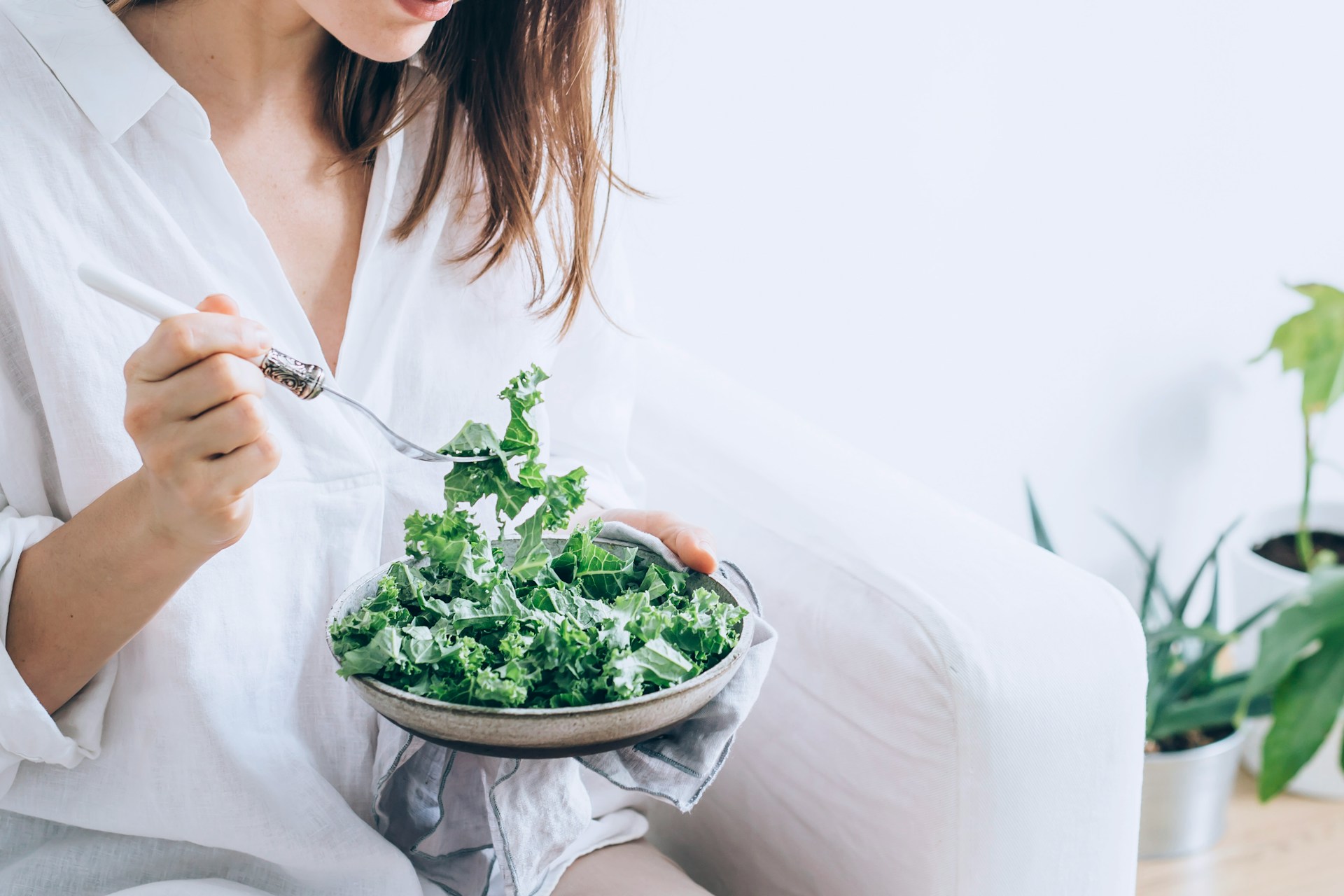 Photo by Nutriciously on Unsplash
Photo by Nutriciously on Unsplash
8. Increased Cooking Skills Required
If you want to enjoy your vegan diet, it might require you to develop a higher level of cooking skills so you can be more creative and handy in the kitchen. Learning to cook delicious vegan meals will have a learning curve - if you have no experience in the kitchen at all, it's going to be tough!
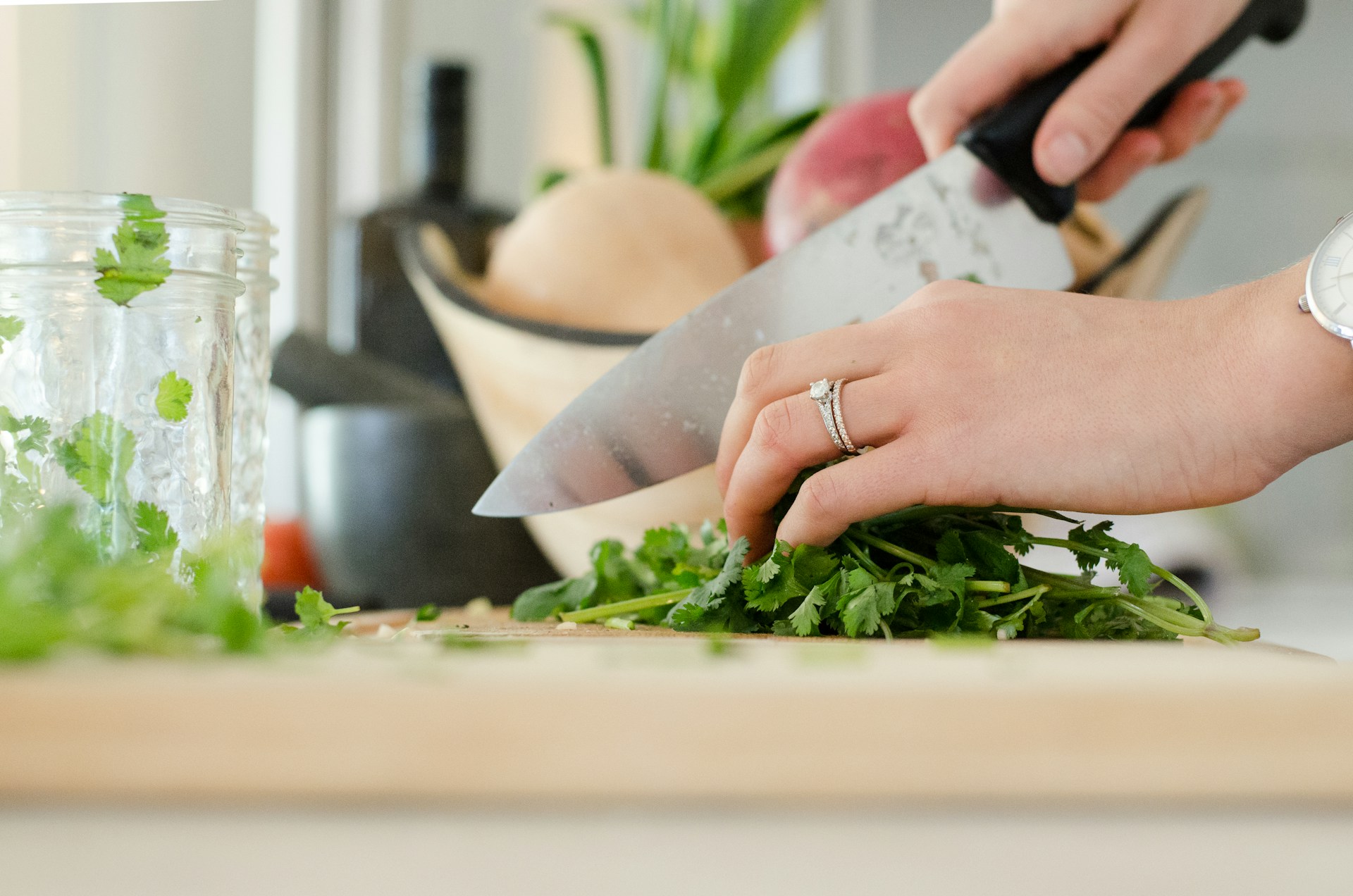 Photo by Alyson McPhee on Unsplash
Photo by Alyson McPhee on Unsplash
9. Risk of Overeating Carbohydrates
Depending on the person, vegan diets can sometimes consist of a lot of carbs, which might not be well suited for your body. It's especially concerning if you have diabetes to begin with. It's important that you learn how to eat a balanced diet and that you don't rely on just one food group to get you through the day.
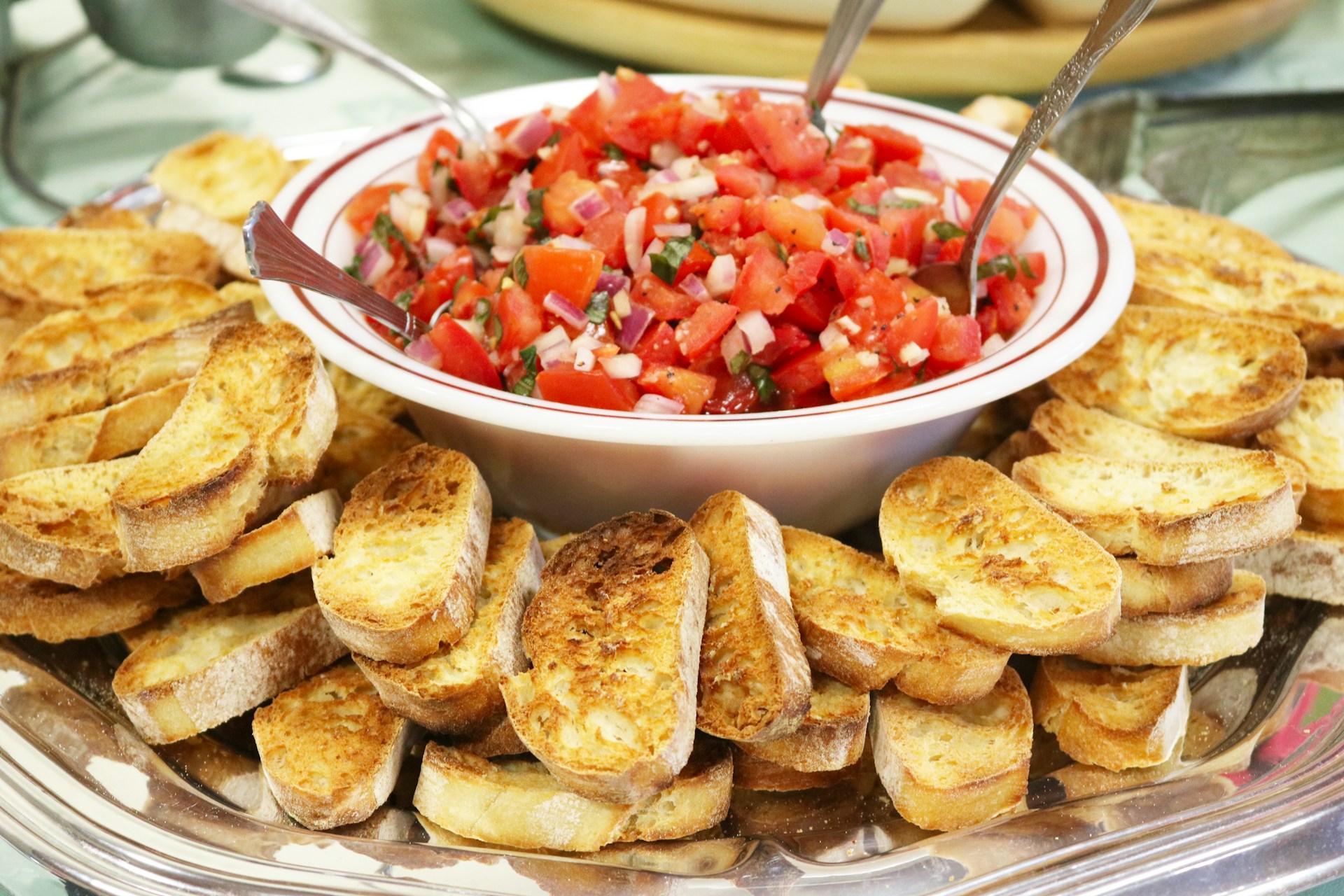 Photo by Maria Thalassinou on Unsplash
Photo by Maria Thalassinou on Unsplash
10. Social Perception and Stereotypes
Last but not least, there still continues to be a bit of a social stigma surrounding veganism. Sadly, there's a lot of negativity regarding this diet and plenty of stereotypes regarding the choices vegans make. You might have to deal with a lot of misunderstandings or criticism from others, so be prepared to take on the challenges that might affect you on a personal and social level.
KEEP ON READING
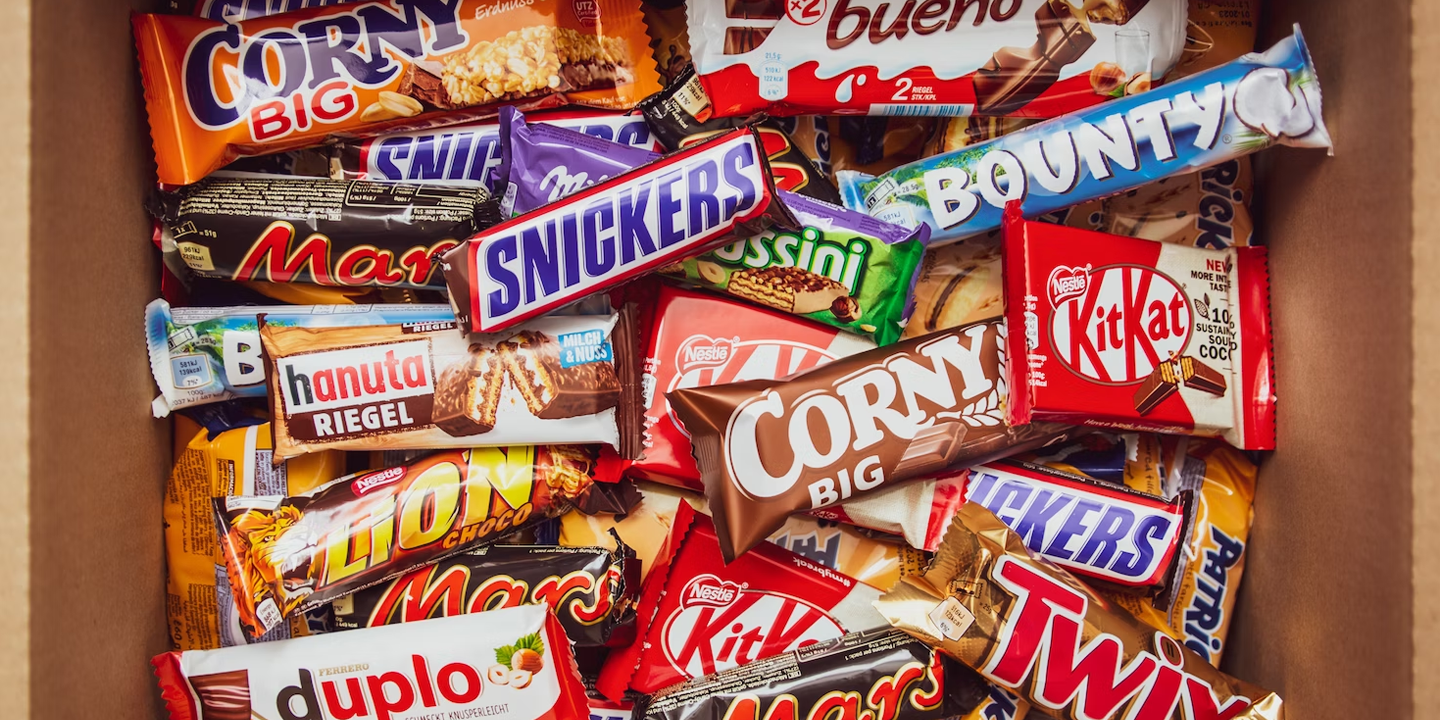
The Most Popular Chocolate Bars in the USA

The Most Popular Candies in the USA



